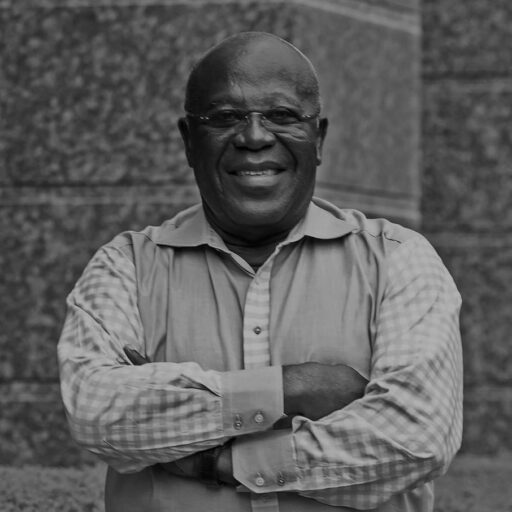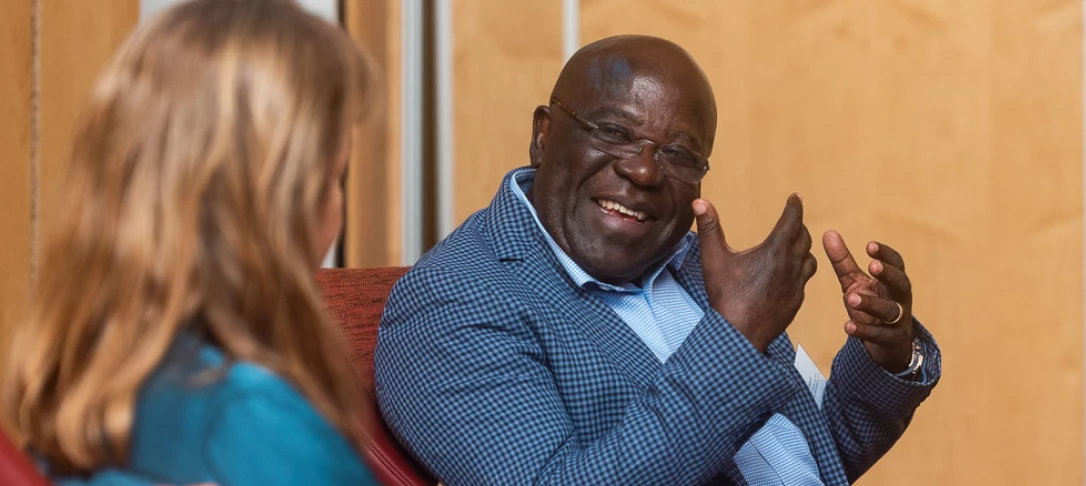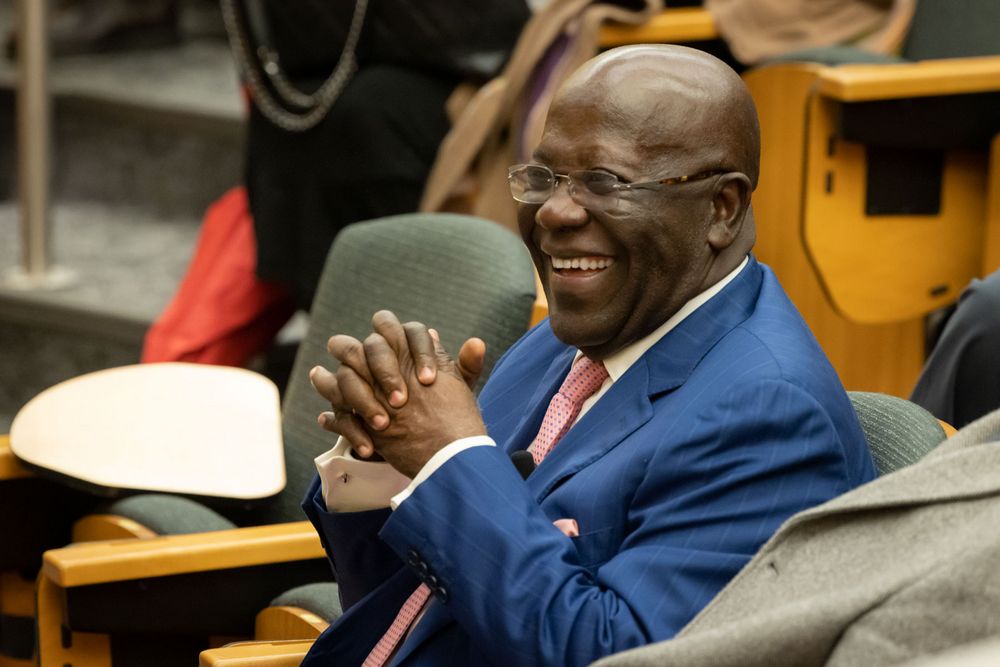Speeches by Sir Sam E. Jonah
The Ghana Journalist Association 75th Anniversary Launch Speech
Theme: 75 Years Of Excellence In Journalism: Past, Present, And The Future Ladies and Gentlemen, Distinguished Guests, Esteemed Members of the Ghana Journalist Association Thank you for the opportunity to address the Ghana Journalists Association as we commemorate your 75th anniversary. As we reflect on the rich tapestry of your
Commencement Address to the Morgan State University Graduating Class of 2024
A Great Day for Recognition & Upliftment of Leaders of Tomorrow President David Wilson, Honorable Kweisi Mfume, Chairman and other esteemed members of the Board of Regents, Dr. Hongtao Yu, distinguished guests, proud parents, guardians, partners, relatives, friends, faculty, and most importantly, the spirited Class of 2024. As is customary
University of Ghana 69th New Year School Speech
I am truly honoured and privileged for the invitation to speak at this year’s New Year School and Conference. It is my hope and prayer that at the end of the session we would have added to the reputation of the school as a forum for tackling urgent issues of
Eagles Camp 2023 – Keynote Address
Good evening ladies and gentlemen. It gives me great pleasure to address you at the opening ceremony of the 2003 Eagles Camp. When Emmanuel invited me to be the Guest of Honour, he explained to me that the ‘Eagles Camp’, is aimed at providing upcoming executives and individuals with the
Down the Up Escalator: Reflections on Ghana’s Future by a Senior Citizen
Distinguished Ladies and Gentlemen, it is a pleasure for me to be here today as the guest speaker for this occasion. The first time I spoke at a Rotary Club function sometime in the 90’s my speech got me into a lot of trouble with the then President of our
Ashesi University Commencement Address
Dr Patrick Awuah, President of Ashesi University, cherished members of the Board of Trustees, Provost Angela Owusu-Ansah, distinguished guests, parents and family and the Class of 2022, Ladies and Gentlemen; I would like to congratulate the Board of Trustees, the executive management committee and the Academic Faculty of this august
Hakeem and Myma Belo-Osagie Distinguished Lecture on African Business and Entrepreneurship, December 2022
TOPIC Topic: Extractives, climate change and the energy transition: what the future holds for Africa Distinguished guests, Ladies, and Gentlemen, I am happy to be here as the fifth Speaker in this series – Hakeem and Myma Belo-Osagie Distinguished Lecture on African Business and Entrepreneurship. Before I begin, I would

Speech at SOS-Herman Gmeiner International College
Speech by Sir Sam Jonah, Executive Chairman of Jonah Capital at the Graduation and 25th Anniversary of SOS-Herman Gmeiner International College Honorary President Helmut Kutin, President Siddhartha Kaul, Principal Ofei and Vice-Principal Akita; administrative and faculty members; parents and caregivers, alumni, students and new graduates; distinguished guests; ladies and gentlemen;

Speech at University of Exeter and The Camborne School of Mines
Acceptance Speech by Sir Sam Jonah at The University of Exeter and The Camborne School of Mines Award Ceremony on Saturday 13 July 1996 Mr Chancellor, this is a very nostalgic moment for me. I left Camborne in 1973 with the most pleasant of memories – memories of the excellent

Speech at Launch of “Patriotism and Nation Building” Book
Chairmanship Acceptance Speech By Sir Sam Jonah On The Occasion Of The Book Launch Of “Patriotism And Nation Building” On Friday The 24th Of November, 2017 “This is our own land; It is a priceless heritage acquired with the blood that our ancestors shed for us; It is now our

UCC 55th Congregation Speech
Speech Delivered By The Chancellor Of University Of Cape Coast, Dr (Sir) Sam Esson Jonah At The 5th Session Of The 55th Congregation Chairman of Council; Vice-Chancellor; Members of the Governing Council; The Honourable Central Regional Minister; Osabarima Kwesi Atta II, Paramount Chief of the Oguaa Traditional Area and Entourage; Vice-Chancellors of

The 5th Session of the 5th Congregation – University of Cape Coast (2023)
Chairman of Council; Vice-Chancellor; Members of the Governing Council; The Honourable Central Regional Minister; Osabarima Kwesi Atta II, Paramount Chief of the Oguaa Traditional Area and Entourage; Vice-Chancellors of Sister Universities; Pro Vice-Chancellor and Pro Vice-Chancellors of Sister Universities; The Registrar and Registrars of Sister Universities; Nananom; Members of the
